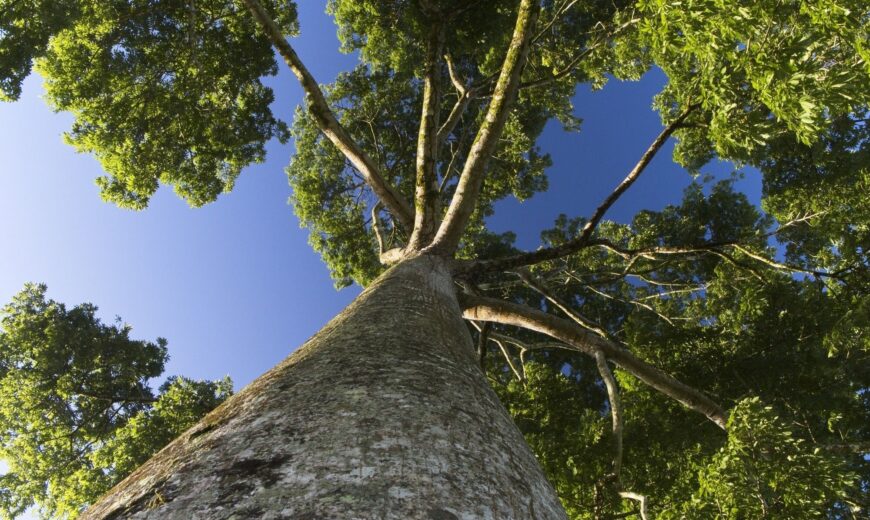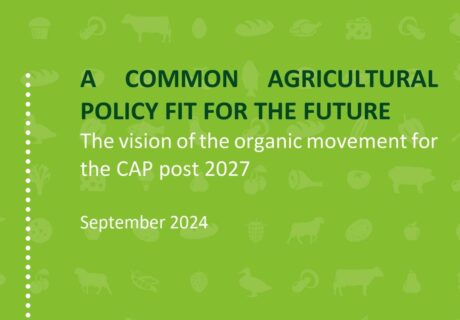A new study by Fairtrade has revealed that Fairtrade certified cocoa and coffee cooperatives are in an advantageous position when it comes to protecting forests and complying with the EU Deforestation Regulation (EUDR) that will start to take effect at the end of this year.
Conducted by KIT – Royal Tropical Institute, the Chain Collaborative, and Expressing Origin, the study included a desk review of more than 60 documents, interviews with Fairtrade staff and external stakeholders, and a set of interviews, focus group and survey with coffee and cocoa cooperatives in Colombia, Honduras and Côte d’Ivoire. Non-Fairtrade cooperatives were included for counterfactual comparison.
Called “The Effect of Fairtrade on Forest Protection and Deforestation Prevention” the study found that Fairtrade cooperatives are better positioned to protect forests than non-certified counterparts due to several factors including their compliance with the Fairtrade Standard that guide them to implement key forest protection measures which align with the requirements of the EUDR.
“The study comes at the right moment, especially when all stakeholders are discussing ways to address EUDR. For Fairtrade, these findings are helping us to better understand and work on innovating our programmatic approach,” said Juan-Pablo Solis, Senior Advisor on Climate and Environment at Fairtrade International.
The EUDR is clear that companies must conduct their own due diligence, and Fairtrade – like any certification – is no replacement. Certifications can contribute to companies’ due diligence efforts in several steps, and the study highlights areas particularly related to mitigation of deforestation risk.
The study also pointed positively to the Fairtrade Minimum Price and Premium that provides essential resources for cooperatives to invest in forest conservation measures necessary for a more climate resilient production of coffee and cocoa, as well as EUDR related steps such as geolocation mapping.
Plus, the study also found that the Fairtrade producer network programmes and training benefitted cocoa and coffee cooperatives, teaching on topics such as agroecology and agroforestry. Fairtrade cooperatives found the programmes to be valuable and called for this type of hands-on support to continue, saying the certification helped them to build multi-stakeholder partnerships from both the public and private sectors.
Moreover, the study found that Fairtrade farmers are seeing the advantages of forest protection, including better microclimates, protection of water sources, more biodiversity, and animal protection.
But the study also highlighted the need for more incentives to compensate cooperatives for their efforts towards regulatory compliance. This will also help them to safeguard the supply chain – and farmer livelihoods – against the consequences of climate change in the future.
“This study demonstrates, again, how strong, and democratic producer organisations, are best placed to tackle the challenges of sustainability. Curving down deforestation can be achieved, particularly in those places where producer organisations are serving their members and addressing root causes. Producer and their organisations are the local leader that we need to restore our ecosystems”, added Solis.
To read the full study, click here, and to learn more about Fairtrade’s work in the area of deforestation click here.





